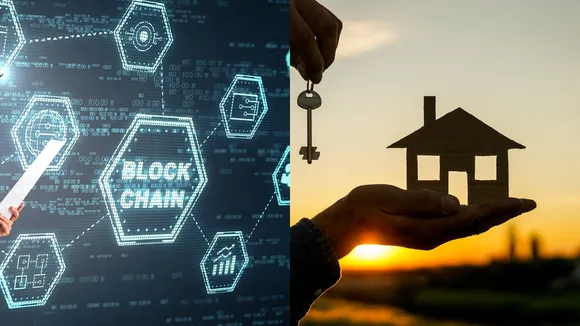
Imagine a world where buying a home is as simple as clicking a few buttons – no cumbersome paperwork, no weeks-long title searches, and no middlemen siphoning off fees. This isn’t a distant, utopian future; it’s a reality that blockchain technology promises to bring to the real estate sector. But as with any innovation, this promise is accompanied by a fair share of skepticism and challenges. Let’s dive into how blockchain could redefine property transactions, making them more transparent, secure, and efficient.
The Promise of Blockchain in Real Estate
At its core, blockchain functions as a decentralized ledger, recording transactions across numerous computers to ensure that records are immutable and transparent. This foundational feature of blockchain is what sets the stage for its potential disruption in real estate. For instance, securing title records on a universally accessible database could drastically reduce title fraud and expedite the title search process, which currently can be a lengthy and costly affair. Moreover, blockchain could automate financial transactions through smart contracts, cutting down the need for intermediaries and thus reducing transaction costs. Another groundbreaking application is real-world asset (RWA) tokenization, which could enable fractional ownership and simplify the trading of real estate assets, making investment opportunities more accessible to a wider audience.
Challenges on the Horizon
Despite the transformative potential, integrating blockchain into the real estate sector is not without its obstacles. The industry’s complexity, characterized by regulatory frameworks and the involvement of numerous stakeholders, poses significant challenges to the widespread adoption of blockchain. Critics argue that the technology’s promise to streamline transactions may be overstated, given the current regulatory environment and the industry’s resistance to change. Furthermore, concerns about the digital divide and the need for technological literacy among both professionals and consumers could slow down blockchain’s integration into mainstream real estate practices.
Real-World Applications and Future Outlook
Despite these challenges, the journey of blockchain in real estate is already underway. Several startups and established companies are exploring its applications, from automating permit applications and approvals to facilitating seamless RWA tokenization. For instance, platforms like Curio Chain are making strides towards democratizing access to high-value investments, such as real estate and fine art, through blockchain. These early adopters are not only proving the feasibility of blockchain applications in real estate but are also setting the stage for a future where property transactions are more efficient, transparent, and accessible.
As we stand on the brink of this technological revolution, the real estate sector must navigate the fine line between innovation and practicality. While blockchain promises to streamline processes and open new avenues for investment, the path to its full integration is lined with regulatory, technical, and societal hurdles. Yet, the potential rewards for overcoming these obstacles are vast, signaling a future where real estate transactions are no longer bogged down by the inefficiencies of yesterday.

